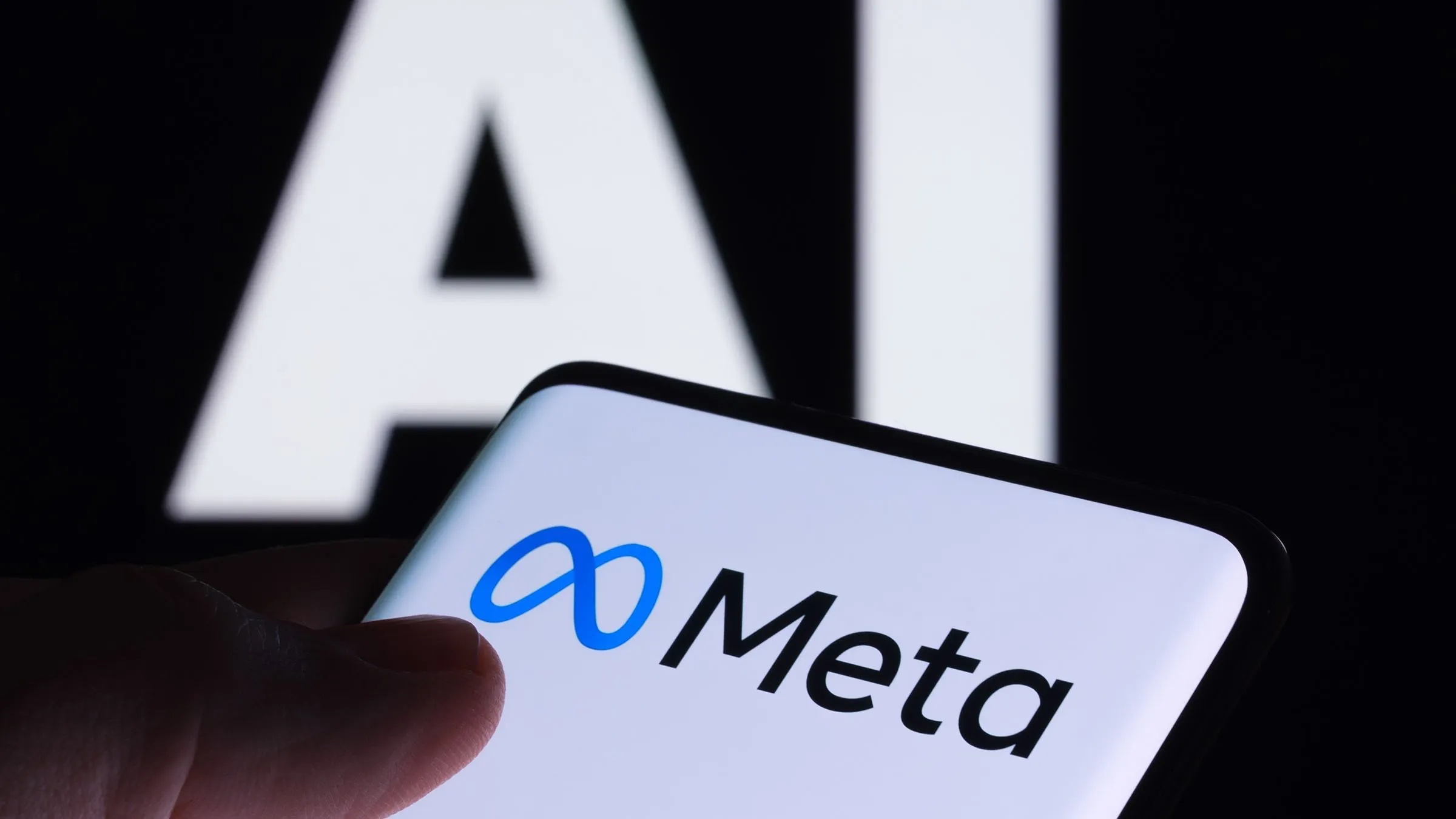The largely unheralded large-language model Meta AI—a virtual assistant designed to generate photorealistic images and provide detailed answers to user queries—is now “more helpful, with more detailed responses on mobile and more accurate summaries of search results,” the social media giant announced today.
In a blog post, Meta revealed over 20 new AI-driven features that were being added to its apps to upgrade everything from search functions to social media experiences to business communications.
“We’re evolving Meta AI, adding new features to the messaging experience while also leveraging it behind the scenes to power smart capabilities, too,” Meta said.
The company is also launching Imagine as a standalone image generator that leverages the power of EMU (Meta’s native text to image model) to make it easier for users to create a wide variety of images—similar to DALL-E 3 or Stable Diffusion. Originally designed to run inside chat applications, this feature has been broken out into a web-based tool to compete more directly with the top models in the industry.
For its built-in Marketplace, Meta is also giving vendors and sellers the option to leverage generative AI to improve the user experience. The idea is “to give people in various English-language markets options for AI-generated post comment suggestions and community chat topic suggestions in groups, serve search results, and even enhance product copy in shops,” it said.
Imagine with Meta and other generative AI experiences are not available, however, in Brazil, Mexico or Argentina, according to an official Meta post published in Portuguese.
To promote transparency in AI-generated content, Meta says it will implement ‘invisible watermarking‘ on images generated with its AI tools. Although watermarking is not an especially robust method of identifying AI-generated content, the move should help address concerns about the potential misuse of AI in content generation.
These new AI capabilities are already getting positive reviews. “I’m not an expert but generations look good,” said Julien Chaumond, Cofofounder of Huggingface, the world’s largest community for Open Source AI. “It’s 2023 and i was not expecting to have to log in to Facebook on my computer ever again.”
In its announcement, Meta highlighted the ongoing rollout of AI experiences across its applications, the release of the Llama family of large language models, and research advancements such as Emu Video and Emu Edit. These will continue to enhance the functionality of Meta’s products in the upcoming year, the company said—especially the hardware needed to power AR and VR applications.
Meta AI is also being utilized to augment the user experience on Facebook and Instagram. For content creators, Meta is testing AI-generated suggested replies in direct messages using its LlaMA text generator. This feature is designed to facilitate more efficient communication between creators and their audiences by drafting responses that align with the creators’ communication style.
AI is also involved in creating personalized greetings, editing posts, and providing content suggestions in various sections of these platforms, including Groups and Marketplace.
Meta said its AI model has long-time memory, which makes it even more capable and useful, addressing the main problem of long interactions with AI assistants or characters that rely on LLMs: losing track of information the more a user interacts with it.
Meta will also incorporate Multi-round Automatic Red-Teaming (MART) into its AI models. This technology trains an adversarial model to help Meta detect offensive, fraudulent, or harmful content by basically making models compete against each other while both evolve and become more capable.
As Decrypt previously reported, Meta recently dissolved its “responsible AI” team, opting instead to decentralize that task into the different departments involved in AI development. Meta’s AI models have already been trained on billions of social media posts.
Edited by Ryan Ozawa.









